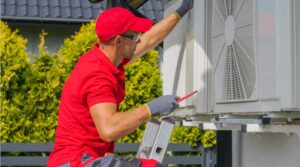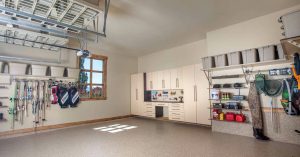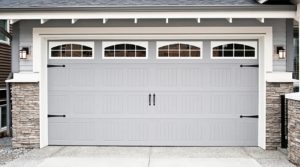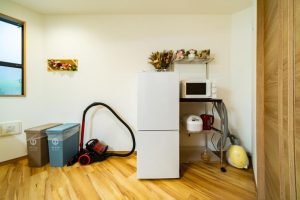7 Common Mistakes to Avoid During HVAC Installation
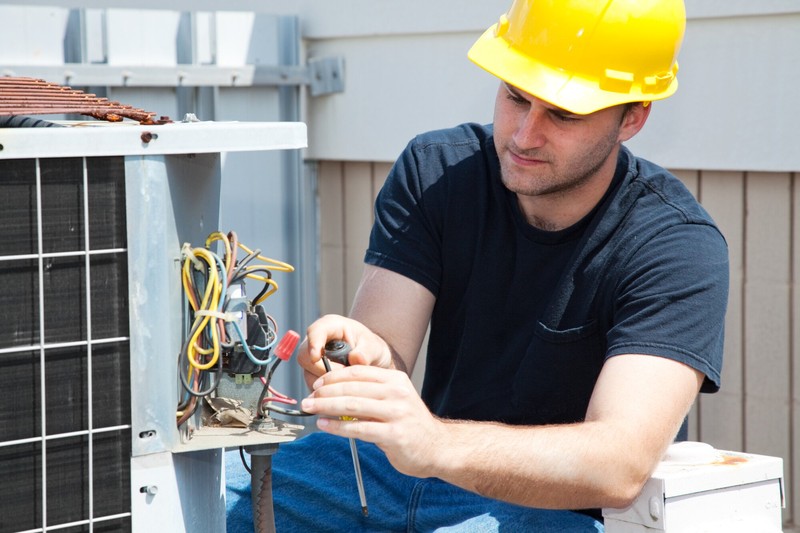
Indoor air quality (IAQ) is a paramount concern for homeowners and businesses alike. The air we breathe indoors directly impacts our health and comfort, making it essential to maintain optimal IAQ. HVAC systems play a pivotal role in regulating IAQ by circulating and conditioning the air. These systems provide comfort, filter out pollutants, and maintain balanced humidity levels.
However, regular maintenance and Henderson HVAC repairs are crucial to ensure that HVAC systems perform at their best. Neglecting these tasks can lead to declining air quality and operational efficiency. In this guest post, we will delve into the importance of IAQ, the indispensable role of HVAC systems, and the significance of HVAC repairs and maintenance in preserving indoor air quality. Stay tuned as we explore these critical aspects in detail.
Understanding Indoor Air Quality
Defining Indoor Air Quality (IAQ)
Indoor Air Quality (IAQ) refers to the air condition within a building, specifically concerning its cleanliness, freshness, and contaminants. IAQ is crucial for maintaining a healthy and comfortable living or working environment.
Common Indoor Air Pollutants
Indoor air can contain various pollutants from household products, including dust, pet dander, pollen, mold spores, and volatile organic compounds (VOCs). These contaminants can lead to respiratory issues, allergies, and other health problems if not properly managed.
Impact of Poor IAQ on Health
Poor IAQ can adversely affect human health, causing symptoms such as headaches, fatigue, coughing, and worsened allergies. Over time, exposure to poor IAQ can contribute to more severe health conditions, emphasizing the importance of maintaining clean indoor air.
HVAC System Components and Air Quality
Filters and Air Quality
HVAC systems play a crucial role in IAQ management. Air filters within these systems help remove airborne particles and allergens, improving the overall quality of the air you breathe indoors. Regular filter replacement is essential to ensure effective filtration.
Ductwork Maintenance
The ductwork in HVAC systems can accumulate dust, debris, and mold, contaminating the air supply. Routine duct cleaning and sealing are vital for preventing these issues and maintaining optimal IAQ.
HVAC System Upgrades
Upgrading your HVAC system with modern, energy-efficient components improves temperature control and enhances air quality. Newer systems often feature advanced filtration and ventilation technologies to keep indoor air clean and fresh.
Common HVAC Issues Affecting Air Quality
Clogged Air Filters
Neglecting to replace clogged air filters can lead to reduced airflow and compromised IAQ. Regularly checking and changing filters is a simple yet effective way to prevent indoor air pollution.
Leaky Ducts and Their Consequences
Leaky ducts can introduce contaminants from unconditioned spaces into your indoor environment. Sealing and insulating ducts can eliminate this problem, preserving air quality and energy efficiency.
Malfunctioning HVAC Components
Faulty Las Vegas HVAC installation or components can disrupt the temperature and humidity control balance, leading to mold growth and IAQ issues. Timely repairs and maintenance are essential to avoid these complications.
The Process of HVAC Repairs
Diagnosing Air Quality Issues
Professional HVAC installation Henderson NV technicians will assess your system and identify IAQ problems. Accurate diagnosis is the first step toward addressing and resolving indoor air quality issues.
Steps in Professional HVAC Repair
Experienced technicians follow a systematic approach to cheap HVAC repair in Las Vegas, addressing specific problems that affect air quality. This may include replacing filters, repairing ductwork, or fixing malfunctioning components.
Preventative Measures Post-Repair
After repairing the HVAC system, maintenance and regular checks are crucial to ensure the air quality remains at its best. Following a maintenance schedule will help prevent future IAQ issues and keep your indoor environment healthy.
Benefits of Regular HVAC Maintenance
Enhanced Air Quality
Regular HVAC maintenance offers several advantages for both your comfort and wallet. One of the key benefits is enhanced indoor air quality. Through routine servicing, dust, allergens, and pollutants are removed, ensuring you breathe clean and healthy air in your home.
Energy Efficiency and Cost Savings
In addition to better air quality, HVAC maintenance boosts energy efficiency. A well-maintained system operates smoothly, reducing energy consumption and leading to significant cost savings on your monthly utility bills.
Longevity of HVAC System
Another crucial advantage is the extended lifespan of your HVAC system. Routine maintenance prevents wear and tear, reducing the risk of breakdowns and expensive replacements. It’s a smart investment in the long-term performance of your heating and cooling equipment.
DIY Versus Professional HVAC Care
When to Call a Professional
Knowing when to call a professional HVAC technician is essential. Experts should always handle complex repairs, refrigerant handling, and significant malfunctions. Fixing these issues yourself can result in more substantial problems and safety risks.
Simple Maintenance Tasks for Homeowners
Homeowners can play a role in HVAC care by performing simple maintenance tasks. This includes regularly cleaning or replacing air filters, clearing debris around outdoor units, and ensuring proper insulation. These actions help maintain system efficiency between professional visits.
Risks of DIY HVAC Repairs
While DIY maintenance has its place, it’s essential to be aware of the risks. Attempting complex repairs without the necessary knowledge and tools can lead to costly mistakes and potentially dangerous situations. Balancing DIY tasks and professional service is crucial to keep your HVAC system running smoothly.
Choosing the Right HVAC Service Provider
Certifications and Experience
Selecting the right HVAC service provider is crucial for the longevity and efficiency of your system. Start by checking for certifications, such as NATE (North American Technician Excellence), and assess their field experience. This ensures you’re working with skilled professionals.
Understanding Service Agreements
Understanding the terms of service agreements is equally essential. Before committing to maintenance contracts or repairs, ensure you know all costs, warranties, and what’s included in the service. This transparency helps avoid unexpected expenses down the line.
Importance of Customer Reviews
Finally, take the time to read customer reviews and testimonials. These provide valuable insights into the company’s reliability and customer satisfaction levels. Hearing about other customers’ experiences can help you decide when choosing an HVAC service provider.
In summary, safeguarding indoor air quality through diligent HVAC maintenance is paramount. By understanding IAQ, addressing common HVAC issues, and choosing the right service provider, you can ensure clean, healthy air in your home or workspace. Regular HVAC care enhances air quality and promotes energy efficiency and system longevity. Remember, striking the right balance between DIY tasks and professional assistance is crucial for a well-functioning HVAC system that keeps you comfortable and healthy.


